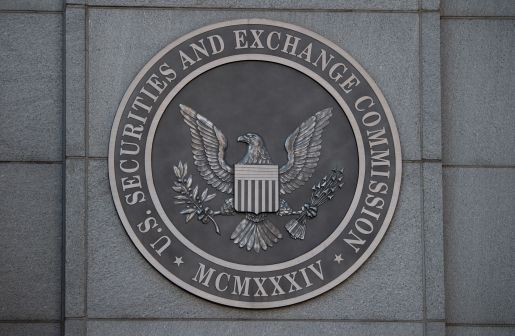
The Securities and Exchange Commission (SEC) announced Thursday a major rebranding of its cryptocurrency enforcement division, signaling a potential shift in the agency's approach to digital asset regulation.
The former Crypto Assets and Cyber Unit will now operate as the "Cyber and Emerging Technologies Unit," led by Laura D'Allaird. The restructured unit will employ approximately 30 specialists and attorneys across the SEC, marking a reduction from its previous 50-person team.
Under Acting Chairman Mark Uyeda's direction, the unit aims to combat cyber-related misconduct while fostering innovation in emerging technologies. The scope includes investigating fraud through social media, dark web operations, hacking incidents, and blockchain technology misuse.
This transformation represents a notable departure from the Biden administration's aggressive stance on cryptocurrency regulation. Between 2021 and 2024, the SEC pursued 89 enforcement actions against crypto-related entities, including high-profile cases against FTX's Sam Bankman-Fried and Binance.
Some industry observers view this reorganization with concern. John Stark Reed, former chief of the SEC's Office of Internet Enforcement, suggested the change effectively marks the end of SEC's cryptocurrency enforcement efforts.
However, Michael Daniel, former White House cyber coordinator, offers a different perspective. He suggests the rebranding could be a strategic move to maintain cryptocurrency oversight while expanding into other emerging technology sectors like artificial intelligence and quantum computing.
The unit's transformation aligns with the current administration's broader approach to digital assets, as outlined in Project 2025, which criticized previous regulatory strategies as "regulation by enforcement."
While "fraud involving blockchain technology and crypto assets" remains among the unit's stated priorities, the restructuring raises questions about the future intensity of cryptocurrency enforcement under the SEC's watch.